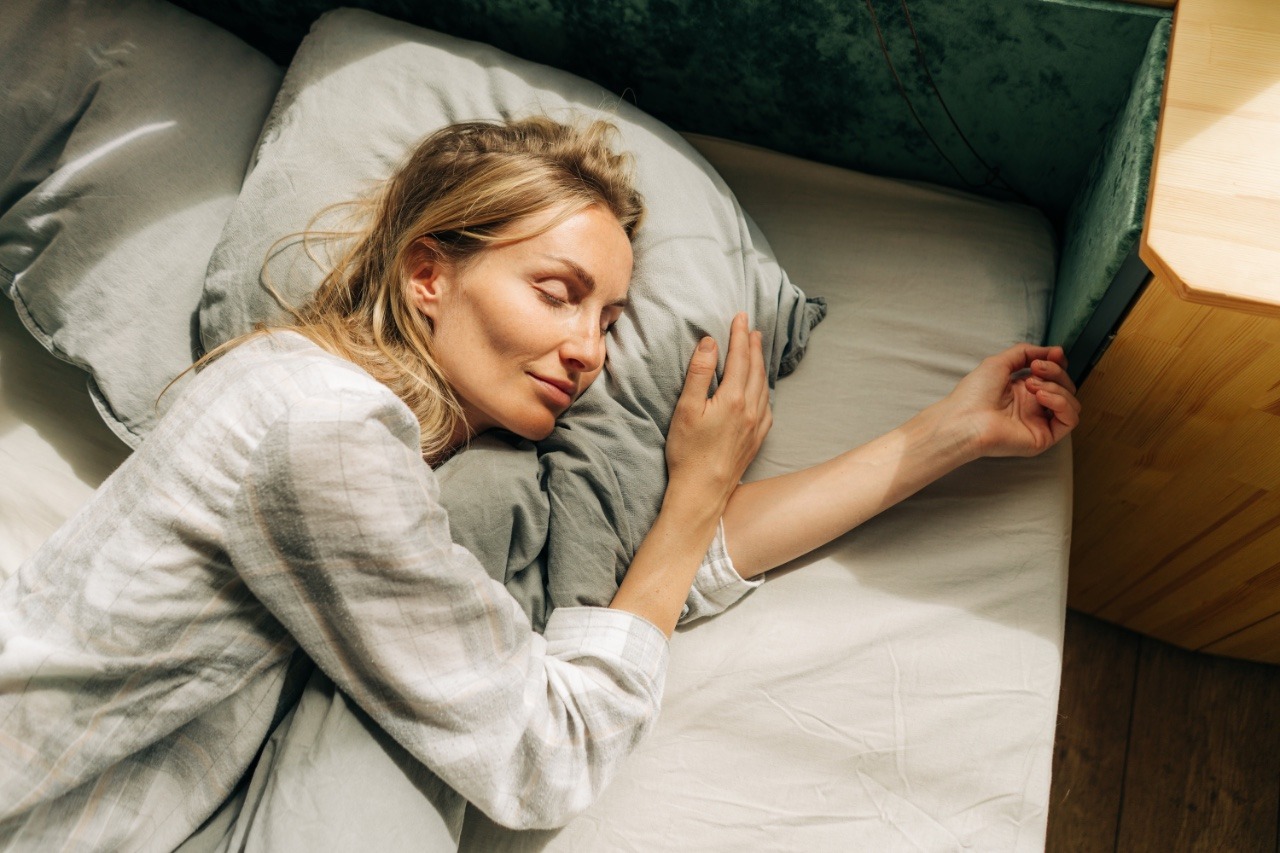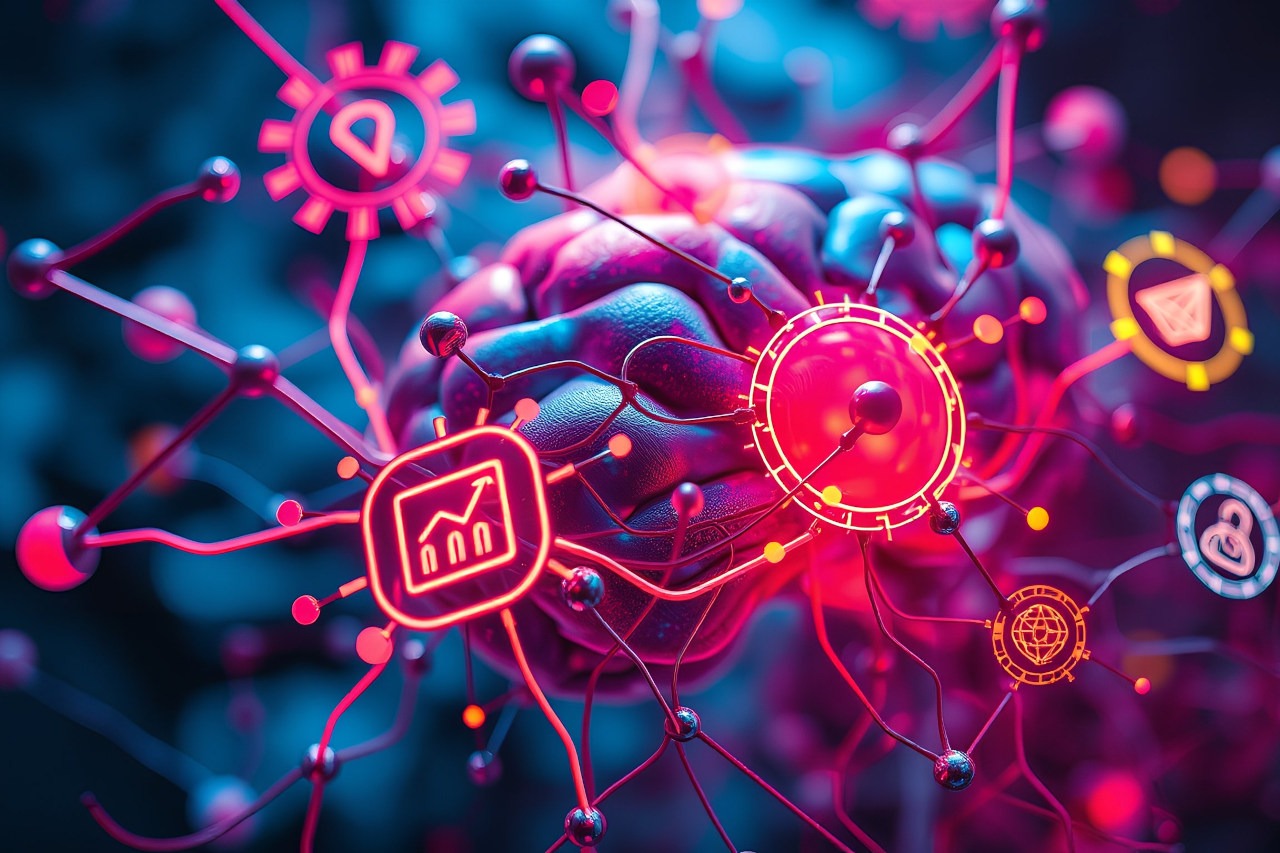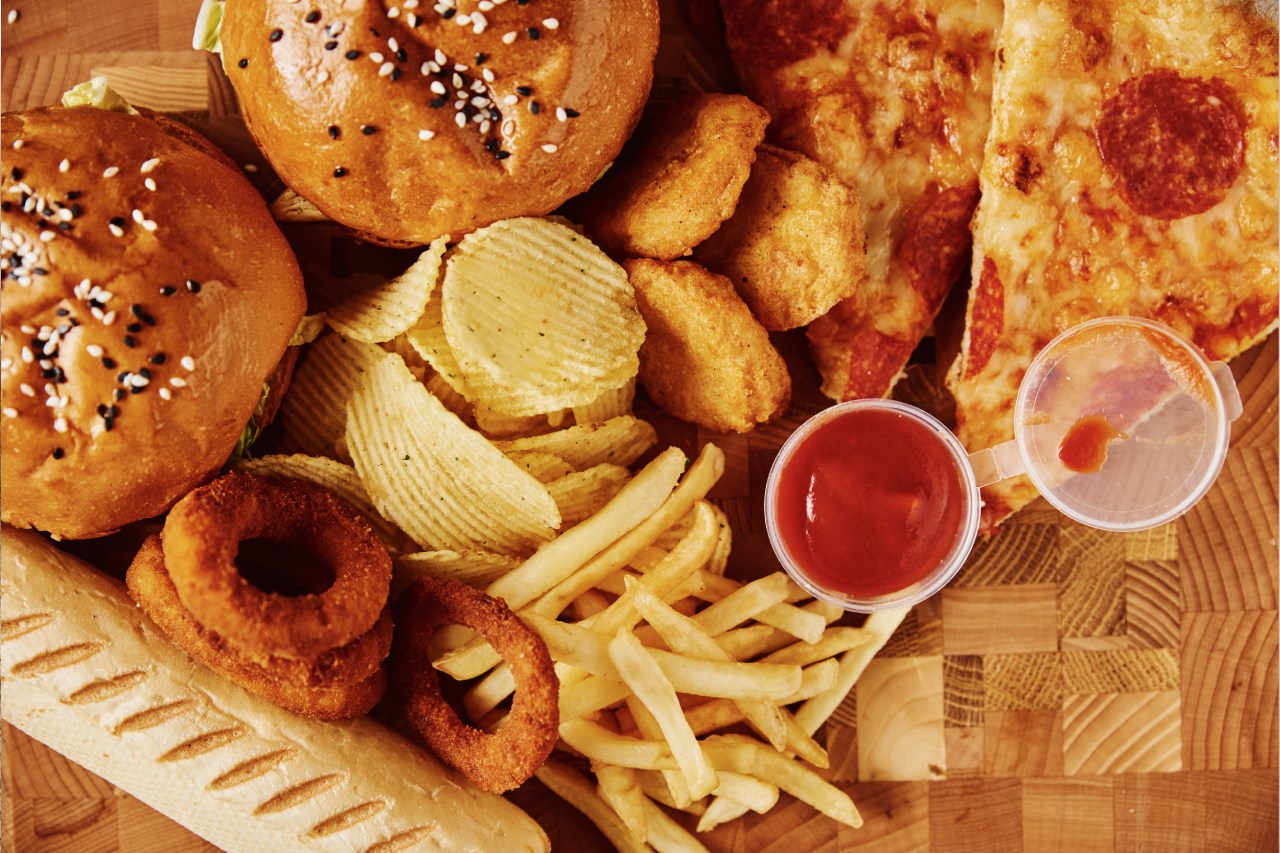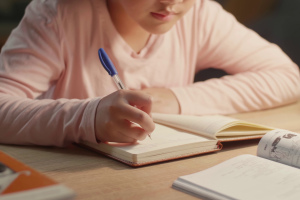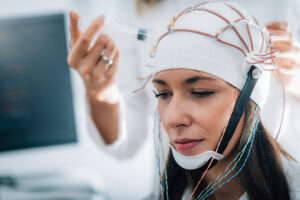Unpleasant sounds can cause physical reactions. In some cases, this is a remnant of human evolution. In other cases, it is a disorder.
Article
All posts that are not image galleries or videos
Sleep deprivation increases the risk of depression and promotes obesity. These ten tips can help you get a good night’s sleep.
In traffic, at a soccer game, or on the Internet – we encounter advertising messages everywhere. Can they seduce us without us noticing, and can our brains be influenced by neuromarketing?
Pregnancy changes the brain – according to a study by the University of Barcelona. And what is even more astonishing is that the brain becomes smaller.
Ready-to-eat products have a dubious reputation because they often contain MSG. Experts even call the popular flavor enhancer a neurotoxin.
They have no conscience and know neither fear nor compassion. However, these characteristics do not necessarily make psychopaths merciless criminals. In reality, it is a combination of factors that determines whether someone becomes a serial killer or ends up on the executive floor of a company.
Digitalization means we are writing less and less by hand – many schools are also increasingly switching to tablets and laptops for teaching. However, this development could have a negative impact on how we learn new things in the future. This is suggested by a study by the Norwegian University of Science and Technology (NTNU).
Botox can do more than just smooth out wrinkles on the face. It is now used by doctors as a remedy for excessive sweating or migraines. Researchers have discovered that the often controversial drug can also alleviate negative feelings and anxiety.
“I know it happened because I was there” – how many times have you found yourself saying or thinking that? However, you may have been lying without knowing it, because human memory is not as reliable as we think. We often only think we remember things because our memories can be manipulated without much effort.
The way we interact with technology has hardly changed in the last forty years. How much longer do we have to wait until we can finally control technology with our thoughts?

